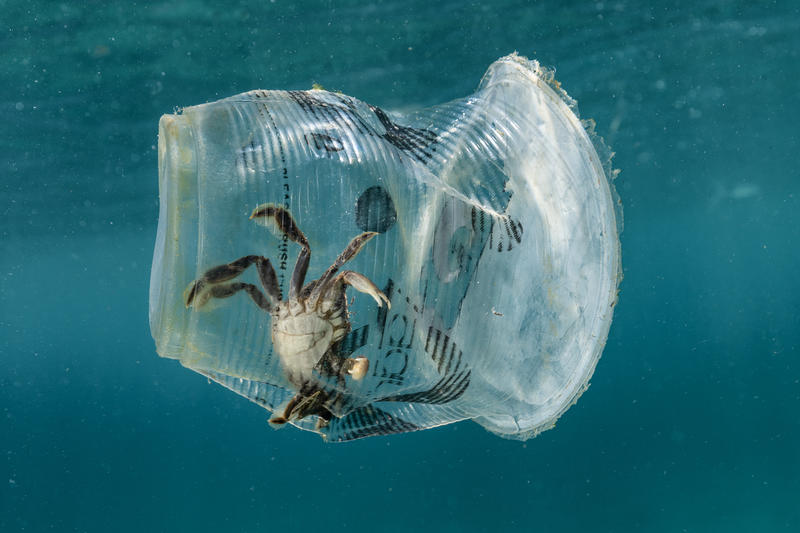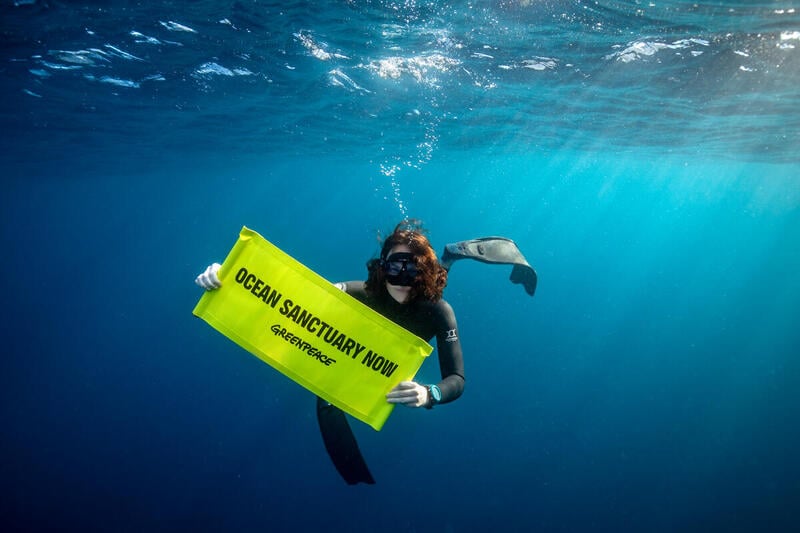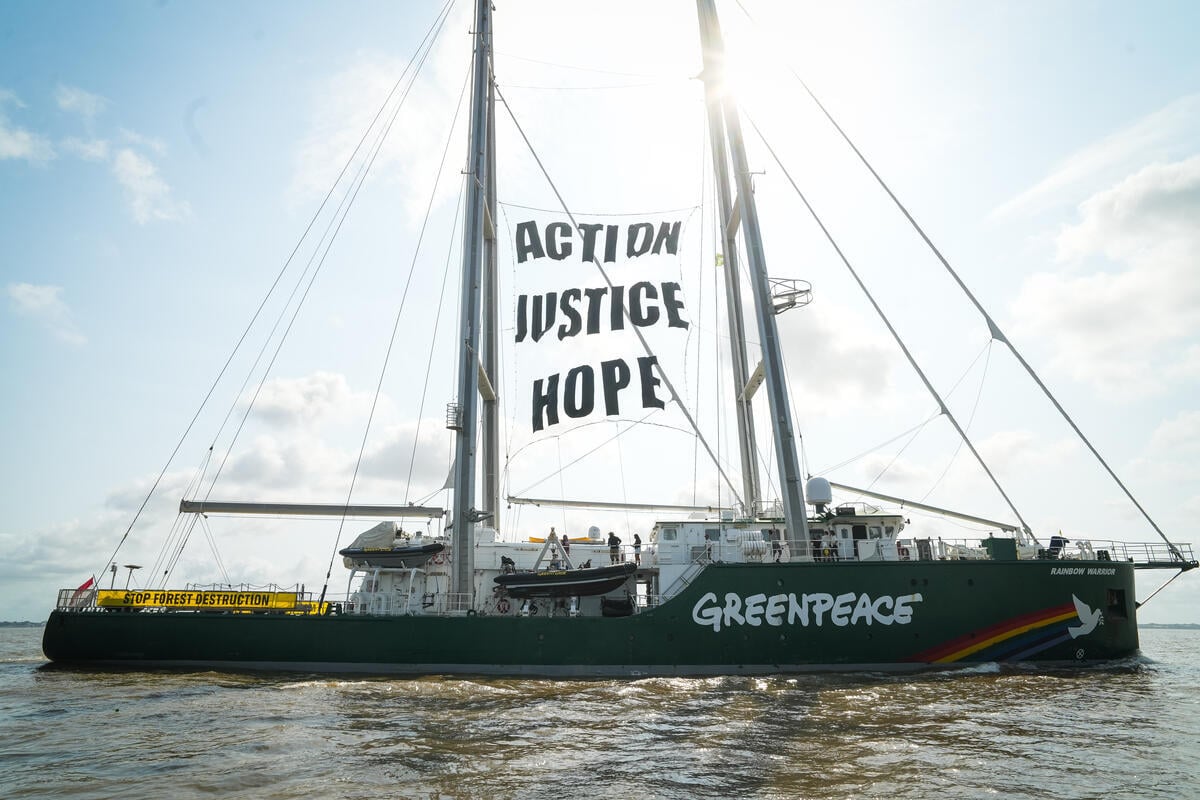It’s a sadly common sight – a piece of plastic waste, washed up on one of the beautiful beaches around Aotearoa. It’s also a stark reminder of a monumental global crisis.
Plastic waste has invaded every corner of our planet. From remote landscapes to the oceans, in our food and even in our drinking water. And it’s threatening ecosystems and devastating marine life.
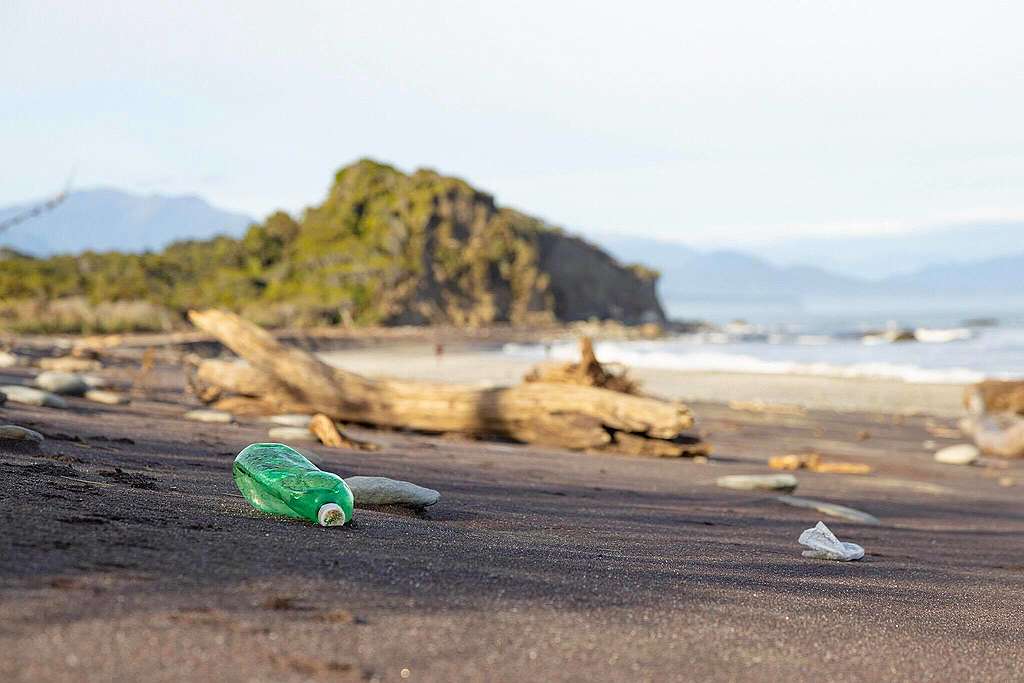
The scale of the problem
Millions of tonnes of plastic waste flood the oceans annually. The influx is estimated to be equivalent to a rubbish truck dumping its contents into the sea every single minute.
Just picture it, trucks lining up along your local beach, dumping plastic into the waves, minute after minute.
The consequences for marine life are fatal:
- Choking and entanglement: Whales, sea turtles, dolphins, seals, and seabirds are choking on plastic debris or becoming hopelessly tangled in it.
- Starvation: Animals, such as whales, have been found washed ashore with stomachs full of indigestible plastics. This debris creates a false sense of fullness, leading them to die from starvation – with bellies full of corporate greed.
If current global trends in production and waste continue, projections suggest that by 2050, there could be more plastic in the seas, by weight, than fish.
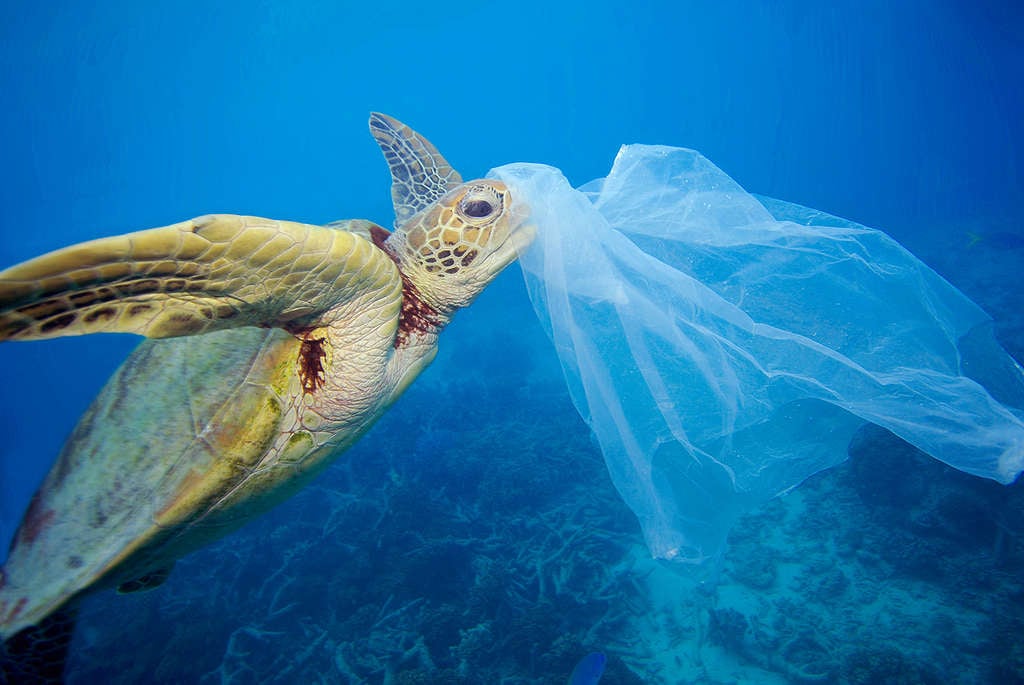
Holding those responsible to account
The root of this pollution crisis is clear: overproduction of single-use plastic by major corporate polluters. Each year, big plastic polluting corporations like Coca-Cola produce 300 million tonnes of plastic waste.
Companies like Coca-Cola have known about the devastating effects of plastic for decades, yet they continue to flood the global market with single-use products that become death traps for marine life. In Aotearoa alone, an estimated one billion plastic bottles are sold annually.
For years, these corporations have attempted to shift the blame onto consumers, promoting recycling as the primary solution. But that is, and always has been, a false solution:
- Only an estimated 9% of all plastic ever produced has been recycled. The rest is either incinerated or released into the environment.
- The production of plastic is only escalating, with studies projecting that global plastic production could triple by 2050 if current trajectories are maintained.
This is a massive global crisis – and one that can only be tackled by systemic change on a global level.
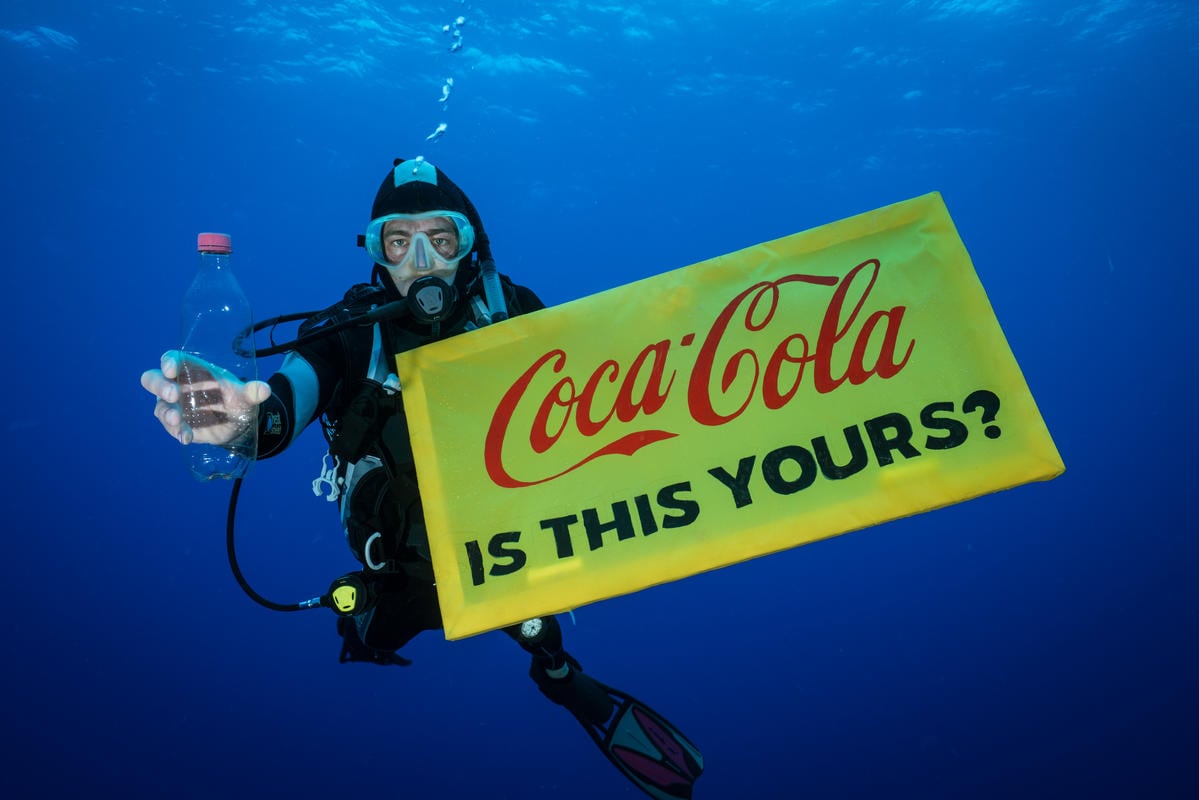
How to end the plastic crisis
Governments and global leaders are failing to take the bold action needed to stop the plastic crisis – and letting corporations get their way by lobbying against attempts to create a Global Plastics Treaty that would reduce plastic production around the world.
These corporate polluters want the public to believe that changing individual habits is enough, distracting attention from the need for corporate accountability and government regulation.
While it may feel overwhelming to be up against huge companies with deep pockets, we can still turn this around. There is hope if we act now, and act fast, and get to the root of the problem.
Greenpeace is actively fighting to tackle plastic pollution at its source – the corporations who are creating and profiting from it, and the governments that are failing to regulate it.
We are:
- Exposing the companies and industries responsible for the plastics crisis – like we have already exposed the scale of Coca-Cola’s plastic pollution and greenwashing.
- Building the movement globally – getting thousands of people to add their name to calls for a Global Plastics Treaty, and to email NZ’s Foreign Minister.
- Mobilising supporters in New Zealand – over 100,000 people have already joined the call to ban single-use plastic bottles in Aotearoa.
- Taking bold, peaceful action – like the Greenpeace actions already taken against major plastic producer INEOS, and at the Global Plastics Treaty talks.
Exposing the biggest polluters and demanding a massive reduction in plastic production is the critical next step to defend whales, turtles, and all marine life from this deadly flood of plastic.
Together, we can stop corporations from choking our oceans and to protect the wildlife that depends on them.
Every year, marine animals are suffocating, starving, and dying because of corporate plastic pollution. But with your help, we can give them a fighting chance. Will you join the movement for a future free from plastic pollution?
